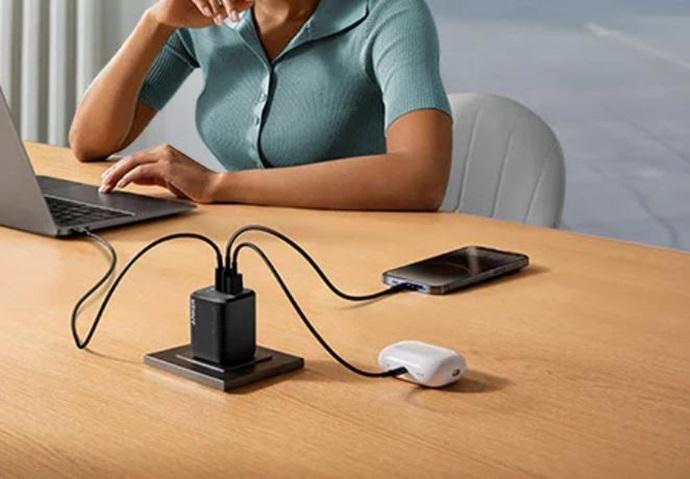Why Your Phone Charger Might Be Damaging Your Battery
In today’s fast-paced digital landscape, our dependence on smartphones is undeniable. Daily tasks, communication, and entertainment largely revolve around these devices, making their maintenance crucial. One of the most overlooked aspects of smartphone care is the charger. While chargers seem simple, their impact on your phone's battery life is significant. This article delves into the reasons why your phone charger might be damaging your battery and offers insights on how to prevent such issues.
Reasons of Phone Charger Damaging Your Battery
1. The Dangers of Using Incompatible Chargers
Using an incompatible charger is one of the most common ways to damage your phone's battery. Each smartphone has specific voltage and current requirements. When you use a charger that does not match these specifications, it can lead to overcharging, undercharging, or inconsistent charging, all of which can degrade the battery over time. Always ensure you're using a charger that is approved by your phone's manufacturer or one that meets the exact specifications required.
2. Impact of Overcharging
Overcharging occurs when your phone remains plugged in after it reaches 100% battery. While modern smartphones have mechanisms to prevent overcharging, consistent overcharging can still heat the battery, causing it to degrade faster. Heat is a battery’s worst enemy, and prolonged exposure can reduce its overall lifespan. It's advisable to unplug your device once it’s fully charged to prevent unnecessary stress on the battery.
3. Fake and Substandard Chargers
The market is flooded with counterfeit and substandard chargers that may seem like a bargain but pose a significant risk to your phone’s battery. These chargers often lack the necessary circuitry to manage charging properly, leading to inefficient charging cycles and overheating. Over time, this can severely affect your battery's health and even lead to dangerous situations like battery swelling or fires. It is always safer to invest in original or certified chargers from reputable brands.
4. Fast Charging Pitfalls
Fast charging technology is a double-edged sword. While it’s convenient and time-saving, it can also generate a lot of heat, which, as mentioned earlier, is detrimental to battery health. Fast chargers push higher voltages and currents to charge the battery quicker, which can cause the battery to heat up more than usual. It’s best to use fast charging sparingly and stick to regular charging for daily use to ensure the longevity of your battery.
5. Effect of High Temperatures
Charging your phone in high-temperature environments can lead to significant battery damage. Chargers that heat up excessively during use can further exacerbate this problem. Whether it’s charging your phone under direct sunlight or using it while charging in a hot environment, the combined heat from the charger and the battery can accelerate degradation. Always charge your phone in a cool, dry place and avoid using it while it's charging to minimize heat production.
6. Voltage Fluctuations and Power Surges
Voltage fluctuations and power surges are another unseen enemy of your phone’s battery. Inconsistent power supply can harm the battery’s delicate chemistry. Chargers with poor quality components are often unable to handle these fluctuations, passing the irregular voltage directly to the phone, which can damage the battery over time. Using surge protectors or chargers with in-built voltage regulation can help mitigate this risk. Your charging habits play a crucial role in the health of your phone’s battery. Frequently draining the battery to 0% before charging can strain the battery. It’s best to keep your battery level between 20% and 80% to ensure optimal performance and longevity.
Conclusion
Proper charger usage and charging habits are essential to maintaining the health and longevity of your smartphone’s battery. By understanding the impact of chargers and adopting smart charging practices, you can avoid them greatly. And then you can protect your battery and phone charger by charging your phone. Of course, you can share them with your friends or family to avoid these mistakes in charging.

